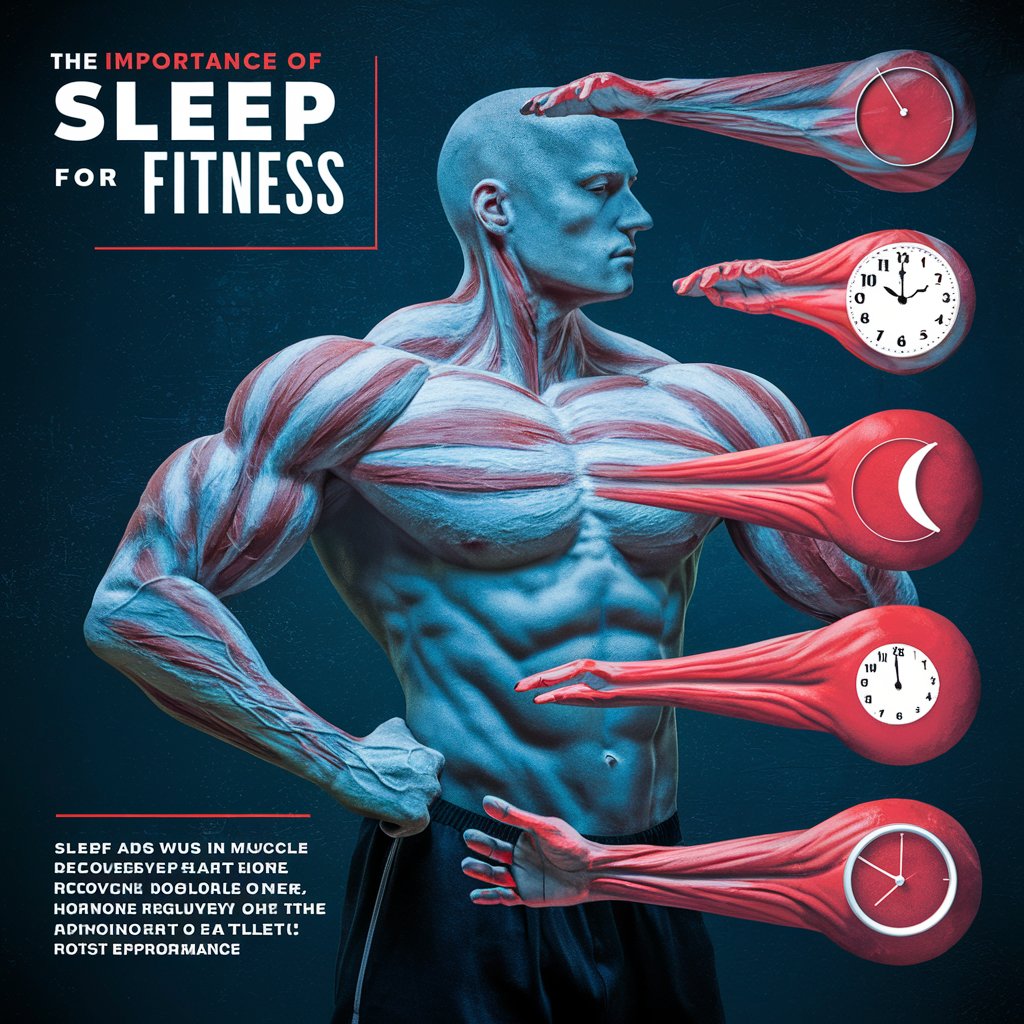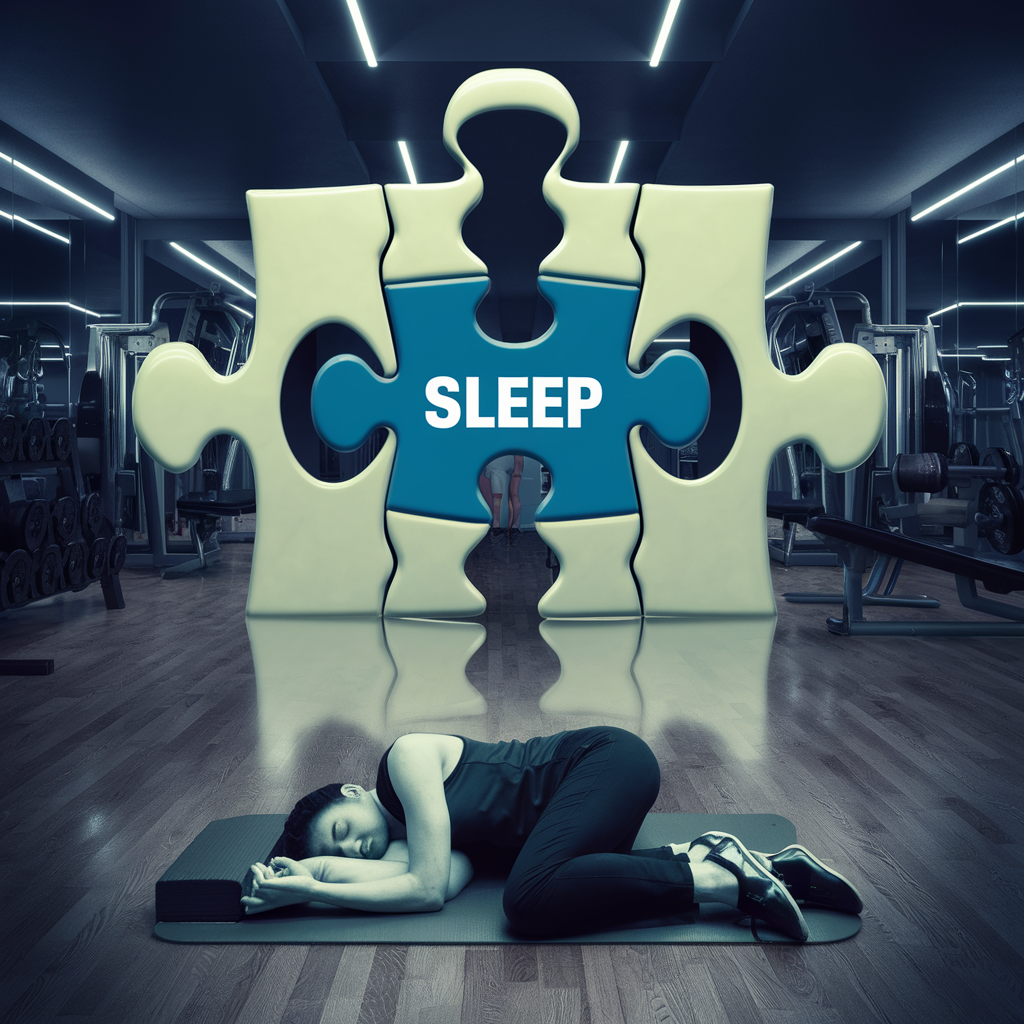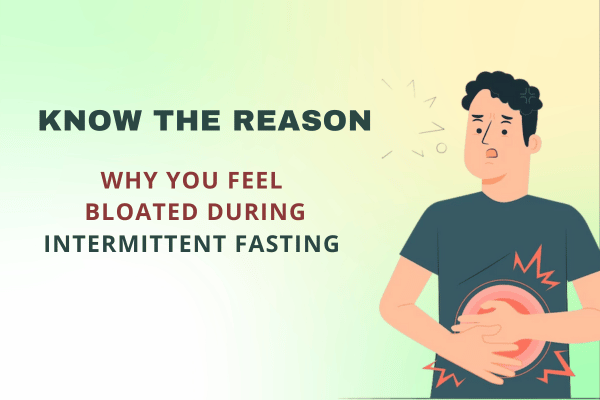Sleep: The Missing Piece in Your Fitness Puzzle?
You hit the gym religiously, meticulously track your macros, and push yourself to the limit with every workout. Yet, despite your dedication, progress feels sluggish. You might be missing a crucial element in your fitness journey – a good night’s sleep. Often relegated to the realm of recovery, sleep is a potent secret weapon that fuels your fitness goals and overall health.


This blog delves deeper into the fascinating connection between sleep and fitness. We’ll explore how sleep affects your health, physical performance, and recovery, highlighting why prioritizing sleep is just as important as those grueling gym sessions. We’ll also unveil the science behind the sleep-exercise synergy and uncover fascinating facts that solidify sleep’s role in your fitness journey.
How Sleep Affects Health and Fitness: A Multifaceted Impact
Sleep isn’t just about catching some Zzz’s. It’s a vital biological process where your body repairs itself, recharges your batteries, and optimizes functions critical for both physical and mental well-being. Here’s how sleep impacts your health and fitness:
Muscle Recovery and Growth: During deep sleep, your body releases a surge of growth hormone, a key player in muscle repair and growth. When sleep-deprived, this process is hindered, potentially leading to muscle breakdown and hindering your progress. Studies have shown that athletes who prioritize sleep experience faster recovery times, reduced muscle soreness, and increased muscle protein synthesis – all crucial for building strength and endurance.
Enhanced Performance: Sleep deprivation can significantly impact your physical performance. You might experience decreased strength, endurance, coordination, and reaction time, affecting your workout quality and results. A study published in the Journal of Strength and Conditioning Research found that athletes who slept for 8-10 hours per night displayed significantly better performance compared to those with restricted sleep. They exhibited greater strength gains, improved reaction times, and enhanced power output, highlighting the significant impact of sleep on athletic performance.
Reduced Injury Risk: When well-rested, your muscles and nervous system function optimally, lowering the risk of injuries during exercise. Sleep deprivation can impair coordination, reaction time, and proprioception (your body’s awareness of its position in space). This can lead to imbalances, improper form during exercise, and an increased likelihood of accidents and injuries. Prioritizing sleep keeps your body sharp and minimizes the risk of getting sidelined by preventable injuries.
Improved Motivation and Focus: Adequate sleep promotes mental clarity and motivation. You’ll likely feel more energized and focused to tackle your workouts and adhere to your fitness goals. Research published in the journal “Sleep” found a correlation between insufficient sleep and decreased motivation for physical activity. When sleep-deprived, you’re more likely to skip workouts, compromise on intensity, and struggle to maintain the discipline required for consistent progress.


Sleep and Overall Health: A Domino Effect
The benefits of sleep extend far beyond the gym. It plays a crucial role in maintaining overall health by influencing various physiological processes:
Immune System Function: Sleep strengthens the immune system, making you less susceptible to illnesses like colds and flu. This allows you to train consistently and avoid fitness setbacks caused by illness. Studies show that people who sleep less than 7 hours are three times more likely to develop a cold compared to those who get adequate sleep. Adequate sleep allows your body to produce cytokines, infection-fighting proteins that help ward off illness and keep you healthy enough to maintain your workout routine.
Metabolic Regulation: Sleep regulates hormones that influence hunger and metabolism. Insufficient sleep can disrupt these hormones, potentially leading to weight gain or difficulty losing weight. Research suggests that sleep deprivation can increase levels of ghrelin (the hunger hormone) and decrease leptin (the satiety hormone), leading to increased appetite and difficulty feeling full. This can make it challenging to maintain a healthy calorie deficit, a crucial factor for weight loss or body composition goals.
Mental Health: Sleep deprivation can exacerbate stress, anxiety, and even depression. Getting enough sleep promotes emotional well-being and mental clarity, crucial for overall health and fitness motivation. Studies have shown a strong link between sleep disturbances and increased risk of depression and anxiety. When sleep-deprived, you’re more likely to experience negative self-talk, decreased motivation, and difficulty managing stress, all of which can hinder your fitness journey.
Cognitive Function: Sleep is essential for memory consolidation and learning. When sleep-deprived, your ability to learn new skills or techniques related to your fitness regimen might be hampered. Research suggests that sleep plays a vital role in motor skill learning and memory consolidation, both crucial for improving your fitness routine. Whether you’re mastering a new exercise or refining your form, adequate sleep allows your brain to encode and solidify new movement patterns, leading to faster progress and better technique.
The Sleep-Exercise Synergy: A Two-Way Street
The relationship between sleep and exercise is beautifully reciprocal. Not only does sleep significantly impact your fitness and health, but exercise also plays a crucial role in promoting better sleep. Here’s how these two pillars of well-being work together:
Exercise Improves Sleep Quality:
Stress Reduction: Physical activity is a natural stress reliever. Exercise releases endorphins, hormones that elevate mood and promote feelings of well-being. This can help you unwind after a long day and prepare your mind and body for restful sleep.
Reduced Alertness: Regular exercise helps expend excess energy, making it easier to fall asleep and stay asleep throughout the night.
Regulation of Sleep-Wake Cycle: Consistent exercise helps regulate your body’s natural sleep-wake cycle (circadian rhythm). This can lead to improved sleep timing and overall sleep quality.
Exercise Guidelines for Better Sleep:
Aim for at least 30 minutes of moderate-intensity exercise most days of the week.
Avoid strenuous workouts close to bedtime, as they can be stimulating and make it harder to fall asleep.
Consider incorporating relaxation techniques like yoga or light stretching into your evening routine to further promote sleepiness.
Additional Tips for Sleep Hygiene:
Develop a Consistent Sleep Schedule: Go to bed and wake up around the same time each day, even on weekends. This helps regulate your body’s natural sleep-wake cycle.
Create a Relaxing Bedtime Routine: Wind down before bed with calming activities like reading, taking a warm bath, or practicing light stretches. Avoid screen time for at least an hour before sleep, as the blue light emitted from electronic devices can suppress melatonin production, a hormone that regulates sleep.
Optimize Your Sleep Environment: Ensure your bedroom is cool, dark, and quiet. Invest in comfortable bedding and pillows that support proper posture.
Limit Stimulants: Avoid caffeine and alcohol close to bedtime, as they can disrupt sleep patterns. Caffeine has a half-life of around 6 hours, meaning it can take that long for its effects to wear off and can significantly impact sleep quality if consumed too late in the day. Alcohol might initially make you feel drowsy but can disrupt sleep architecture later in the night, leading to fragmented sleep and decreased sleep quality.
By incorporating these tips and prioritizing both exercise and sleep, you can create a powerful synergy that optimizes your health, fitness, and overall well-being.
Sleep and Exercise Facts: Unveiling the Science
Here are some fascinating facts that solidify the science behind the sleep-exercise connection:
A study published in the journal “Sleep Medicine” found that athletes who slept for 8-10 hours per night for two weeks experienced significant improvements in power output, reaction time, and overall athletic performance compared to those who slept for less.
Research from the National Sleep Foundation suggests that short sleep duration (less than 7 hours per night) is associated with an increased risk of obesity, type 2 diabetes, and heart disease.
A study in the “Journal of Applied Physiology” found that sleep deprivation can impair muscle strength and endurance, hindering your ability to perform at your best during workouts.
According to a study published in “Sleep Health”, people who exercise regularly tend to fall asleep faster, experience deeper sleep, and wake up feeling more refreshed compared to those who are less active.
These facts highlight the undeniable link between sleep and exercise. Prioritizing both is essential for achieving optimal health and fitness results.
FAQ – Frequently Asked Questions
Q: How much sleep do I need?
The National Sleep Foundation recommends that adults (aged 18-64) aim for 7 to 9 hours of sleep per night. However, individual sleep needs can vary. Listen to your body and prioritize getting enough quality sleep for optimal health and fitness progress.
Q: I can’t seem to fall asleep, even when I’m tired. What can I do?
If you’re struggling with falling asleep, consider relaxation techniques like deep breathing exercises, meditation, or progressive muscle relaxation. These practices can help calm your mind and body and prepare you for sleep. Additionally, ensure you’re practicing good sleep hygiene habits as mentioned earlier. If sleep problems persist, consult a doctor to rule out any underlying medical conditions.
Q: Will napping help my fitness goals?
Short naps (20-30 minutes) can be beneficial for improving alertness and cognitive function. However, long naps or napping too close to bedtime can disrupt your nighttime sleep. If you choose to nap, do so strategically and avoid napping late in the afternoon.











